Posts
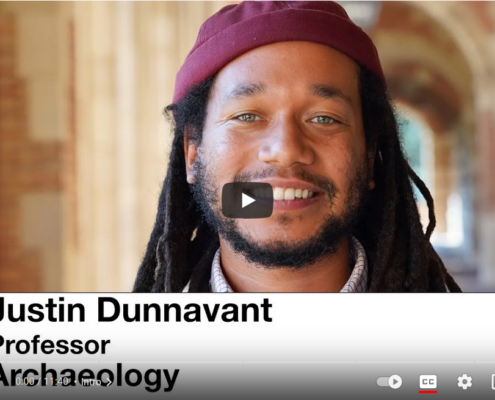
Helping Communities Discover their Truths with Archaeologist Dr. Justin Dunnavant (VIDEO)
LA Social Science interviewed Dr. Justin Dunnavant, Assistant…
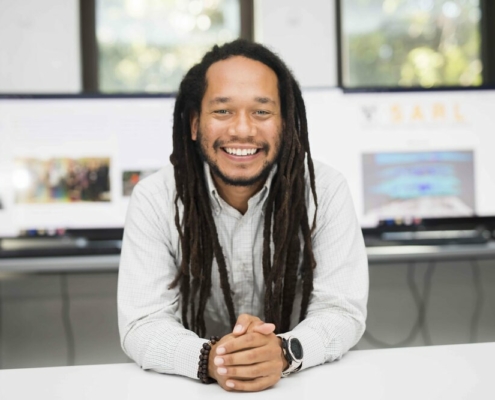
Incoming UCLA Professor Justin Dunnavant Selected as a National Geographic 2021 Emerging Explorer
Dr. Justin Dunnavant, an incoming professor in the Department…
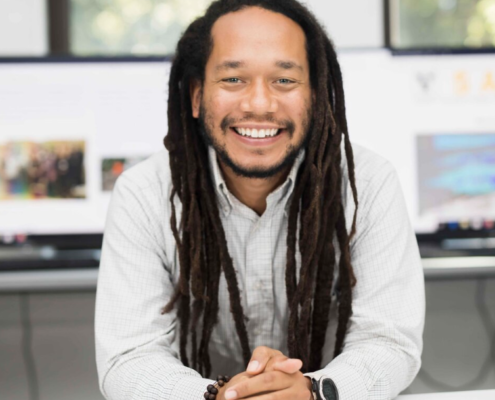
Incoming UCLA Professor Dunnavant’s Work With the Smithsonian in Africatown Featured in the News
Dr. Justin Dunnavant, an incoming professor in the UCLA Department…

Incoming UCLA Professor Dunnavant’s Research Featured in ‘American Archaeology Magazine’
The research of Dr. Justin Dunnavant, an incoming professor in…

Gift Establishes The Study of Black Life and Racial Inequality Program Fund in Anthropology at UCLA
UCLA Anthropology alumnus and Professor Robert B. Lemelson has…
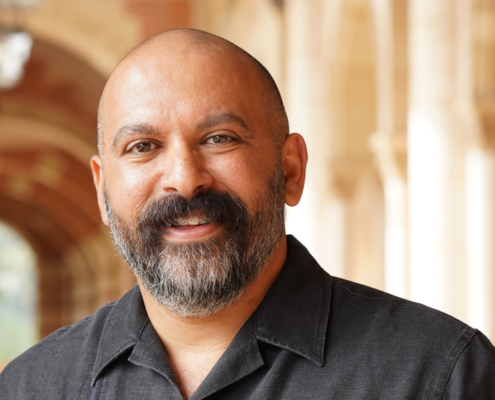
Challenging the Problematic Description of Being “Articulate While Black”
Dr. H. Samy Alim, UCLA Professor of Anthropology and David O.…
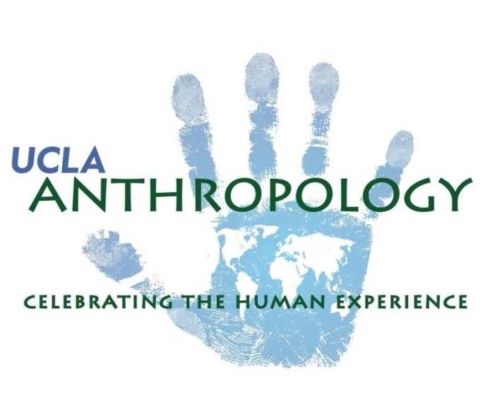
LA Social Science Summer Course Previews: Anthropology Department Courses in 2020
Summer 2020 starts this month, and LA Social Science will continue…

